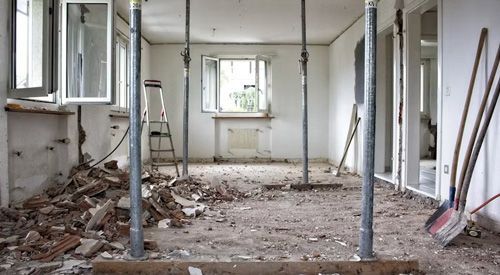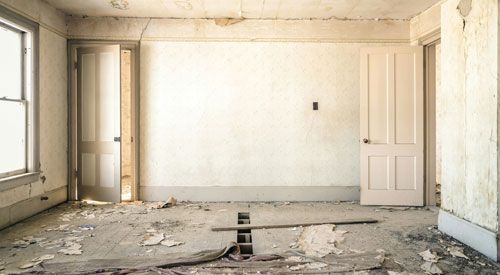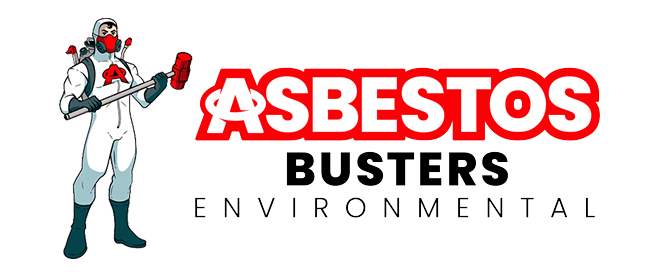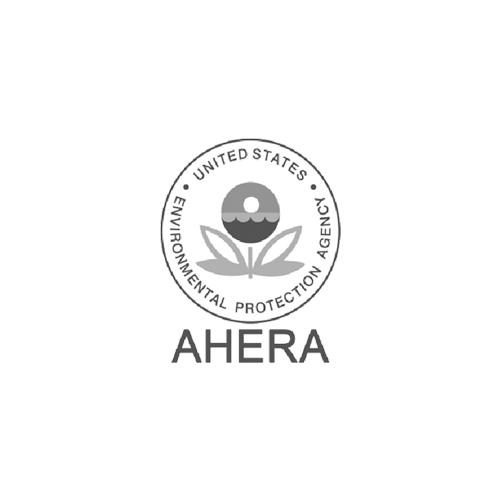Get monthly financing on any service over $1000 before applicable taxes! (excluding asbestos training courses).
RESIDENTIAL AND COMMERCIAL
Hazardous Waste Transportation in Vancouver
Safe, compliant, and efficient hazardous waste transportation across British Columbia.
GUARANTEED SAFETY & COMPLIANCE:
Protect Your Health and the Environment
Navigating the legalities and processes of hazardous waste transportation can be complex. Working with a certified and experienced company like Asbestos Busters ensures your waste is handled safely, legally, and in accordance with strict BC regulations.
We have the expertise, equipment, and certifications required to transport asbestos and a wide range of other hazardous materials, offering you peace of mind and environmental responsibility.
DID YOU KNOW?
In British Columbia alone, an estimated 1,500 tons of hazardous waste are generated daily, requiring safe and compliant transportation for proper disposal. Failing to comply with regulations can result in fines ranging from $500 to $100,000 or more. Don't take the risk, call us today!

WHAT WE ACCEPT
Hazardous Waste Transportation for All Your Needs
At Asbestos Busters, your safety comes first! Our dynamic team is dedicated to providing comprehensive waste transportation services tailored to you.
Asbestos Waste
We accept asbestos waste for safe disposal, ensuring proper compliance with all regulations.
Lead
Lead
We accept lead-containing materials such as lead paint, batteries, and electronics.
Biohazard Materials
We accept biohazardous materials such as medical waste, sharps, and contaminated items.
Uncertain if your needs fit into the provided categories mentioned above? No problem! Contact us today, and we'll gladly address any questions you may have!
The Advantages of Hiring an Expert
Hiring an expert for hazardous waste transportation offers several advantages, ensuring that the waste is transported, stored, and disposed of properly, minimizing the risk of accidents, spills, and environmental harm.
HOW IT WORKS
Seamless Hazardous Waste Transportation
We adhere to these essential steps to guarantee the safest transportation methods:
01
Consultation
Discuss your specific needs and requirements with our experts.
02
Paperwork
We navigate permits, waste manifests, and ensure proper labeling and packaging.
03
Transportation
Our certified team transports your waste to the designated facility with all safety regulations.


“Dynamite service. Good price. Prompt and courteous. Really customer focused. And the fact that they support local charities with 50% of their profits is a real bonus!”
Bjorn F.
“I was very impressed with this company. Friendly workers and high quality work and services.”
Matt O.
"Thank you Paul and his crews for accommodating our work load and working with our scheduled timeline!"
Colin S.
Common Questions: Hazardous Wastes and Transportation
-
What is considered hazardous waste?
Hazardous waste refers to any material that poses a threat to human health or the environment due to its physical, chemical, or infectious properties. Examples include asbestos, lead paint, mercury, used oil, and various chemicals.
-
How can I tell if my waste is hazardous?
Identifying hazardous waste requires specific knowledge and training. It's recommended to consult a qualified professional such as ourselves or utilize resources from your local government or environmental agencies.
-
What should I do if I find hazardous waste illegally dumped or improperly disposed of?
If you encounter illegally dumped or improperly disposed of asbestos waste, do not disturb it and contact your local environmental authorities immediately. They will coordinate the proper cleanup and disposal of the waste. Alternatively, you can also contact us.
-
How do you ensure the safe transportation of asbestos waste?
We follow strict guidelines and regulations for the transportation of hazardous materials, including asbestos. This includes using approved containers, labeling, and manifesting the waste properly, and adhering to all transportation regulations.
-
Is dumping hazardous waste illegal?
Illegal dumping of hazardous waste is a serious offense with significant environmental and legal consequences. Penalties can involve hefty fines, criminal charges, and potential cleanup costs.
-
Can I transport asbestos myself?
Transporting asbestos requires specialized training, permits, and appropriate equipment to ensure safety and compliance with regulations.
It's highly recommended to leave asbestos transportation to certified professionals like Asbestos Busters.
-
Can you provide a quote for the transporting of my hazardous waste?
Yes, we can provide you with a quote based on the quantity of asbestos waste, the distance to be traveled, and any other specific requirements for transportation.
-
Can you help remove/dispose of hazardous materials from my property?
Yes, we can assist you with the removal and disposal of asbestos-containing materials from your property. Our team is trained and equipped to handle asbestos safely and in compliance with all regulations.
Explore Our Blog







